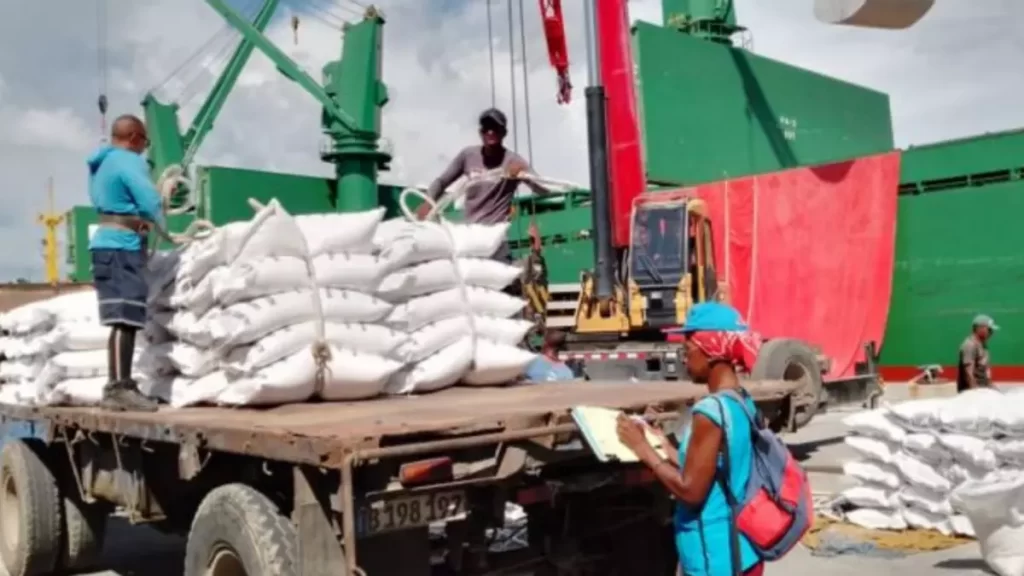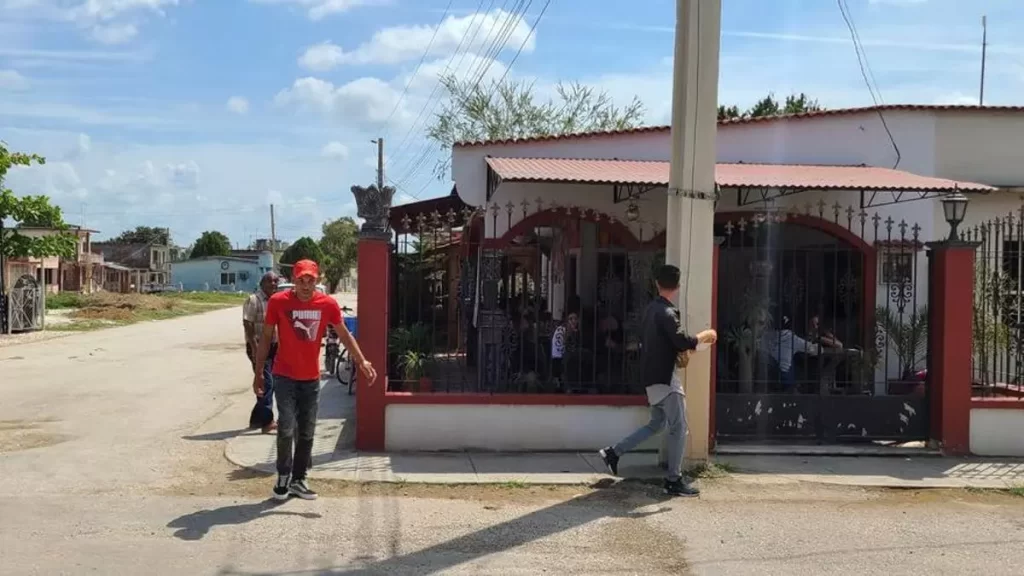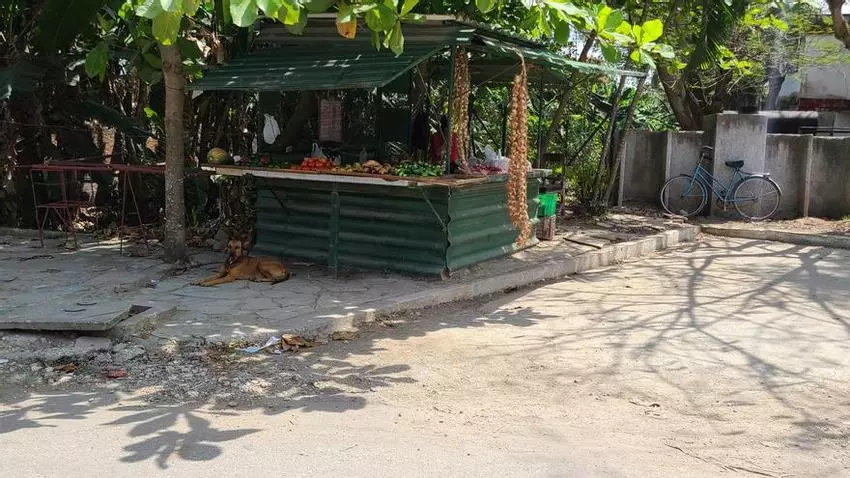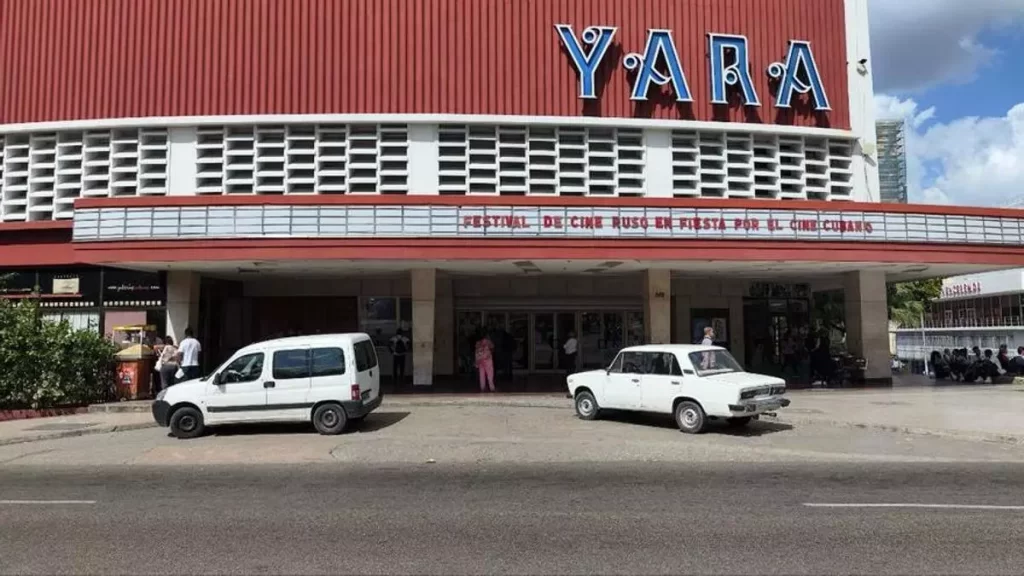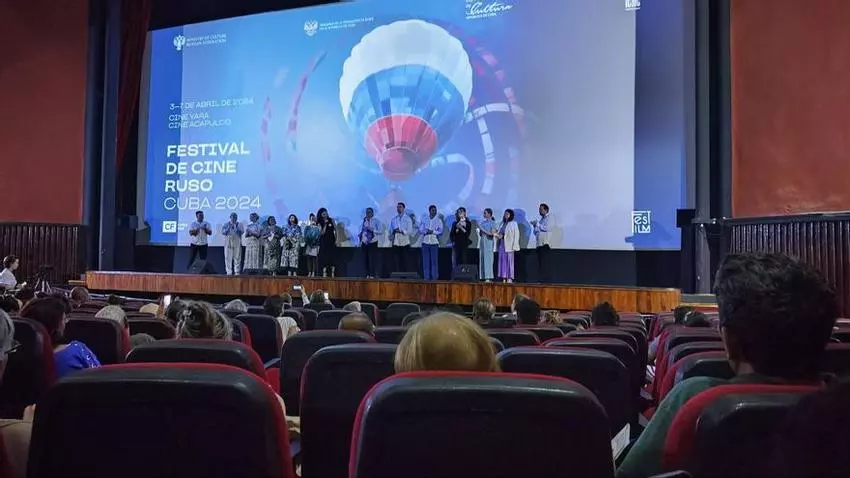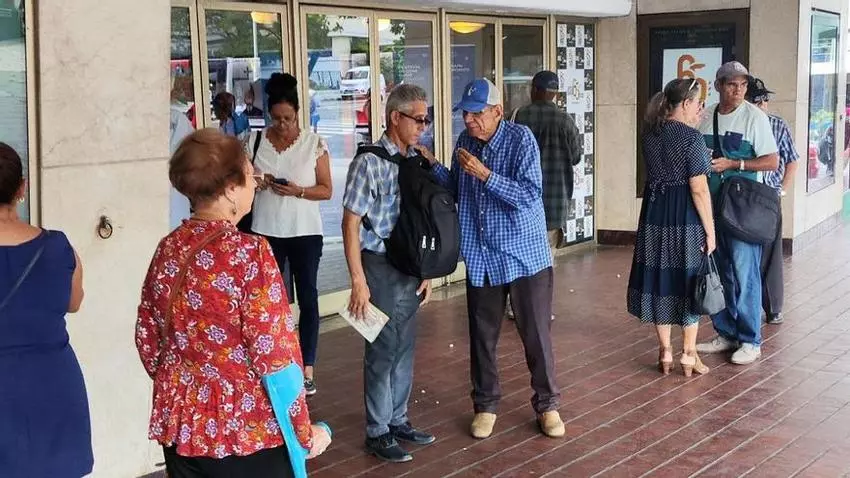
![]() 14ymedio, Havana, 6 April 2024 — Cuba continues to sign contracts with foreign companies willing to inject foreign exchange and resources into different sectors of the economy. This Friday it was the turn of air cargo transport that, thanks to an agreement between the Cuban-American parcel company Cubamax and the state-owned Aerovaradero, that “will strengthen the transportation of cargo destined for Cuban families,” said the official press.
14ymedio, Havana, 6 April 2024 — Cuba continues to sign contracts with foreign companies willing to inject foreign exchange and resources into different sectors of the economy. This Friday it was the turn of air cargo transport that, thanks to an agreement between the Cuban-American parcel company Cubamax and the state-owned Aerovaradero, that “will strengthen the transportation of cargo destined for Cuban families,” said the official press.
The business between the company of Cuban origin, which Cubadebate insists on calling American, offers an opportunity for the regime to exploit the market for shipments of food and medicines sent, for the most part, by Cuban emigrants to their relatives on the Island. In summary, clarifies Mayelin Gotera, general director of Aerovaradero, “the contract is part of the new services that this national entity will provide based on facilitating the arrival of perishable shipments, as was not the case before.” That is, an alliance to also hoard foreign exchange in that sector.
The contract is part of the new services that Aerovaradero will provide based on facilitating the arrival of perishable shipments
This is recognized by the directive itself, which emphasizes that with this agreement they will be able to increase income, and the satisfaction of the recipients will be increased because the cargo will arrive in optimal condition and in a short time.” continue reading
As for the operation of deliveries, “perishable shipments require cold rooms that Aerovaradero will provide to Cubamax through its facilities once the flights arrive in Cuba, and they will then be distributed by the vehicles of the private company Paloma,” explains Gotera. Shipments will only be made by air from Florida and will take between three and four days to reach the recipients, she adds.
Carlos Trujillo, the president of the Cuban-American company that operates mainly in South Florida, says that this alliance is frequently requested by his customers, which was achieved after negotiating the terms at this year’s International Tourism Fair.
Cubadebate also reviews the signing of another agreement between the Empresa Cubana de Aeropuertos y Servicios Aeroportuarios S.A and a Brazilian company in the same sector to “improve the conditions of the international airports of the archipelago and optimize their operations,” in addition to stimulating tourism between the two countries.
Cubamax was a source of controversy in 2021, when Alex Otaola accused its owners of having family ties to Miguel Díaz-Canel
As for Cubamax, the company was controversial in 2021, when the presenter of the Miami program Hola Ota-Ola, Alex Otaola, accused its owners of having family ties to Miguel Díaz-Canel.
The appearance of swastikas and writings on the walls of their premises calling them “Communists” forced the company to issue an official statement in which it denied any link with the regime and its president, in addition to dissociating itself from more serious accusations, such as having sent anti-riot material that the regime later used to suppress the protests of July 11 of that year.
“We want to clarify that there is no family link between the owners of Cubamax Travel and the president of Cuba, Miguel Díaz-Canel, nor does Cubamax receive direct or indirect orders from the Government of Cuba, as the YouTuber alleged in his program,” the statement said. Their contract with the state-owned Aerovaradero, however, leaves doubts about the true relationship between Cubamax and the Island’s regime.
Cubamax stands out for its cheaper prices and the wide range of products that customers can buy in its digital store
Among the numerous parcel shipping agencies to the Island, Cubamax stands out for its cheaper prices and the wide range of products that customers can buy in its digital store. With the facilities that the General Customs of the Republic has implemented since 2021 for the entry of food, medicines and toiletries, the Cuban-American company has expanded its options for the transfer of food, basic supplies and sanitary material.
The agency’s offices in Miami usually have lines of emigrants waiting to dispatch boxes to all Cuban provinces. Among the most demanded services is the sending of packages by sea of 22, 44, 70 and 100 pounds, which the sender packs themself, and which have a total cost of 44, 88, 139 and 179 dollars, respectively, which includes the customs tariff. Along with its advantageous rates, the company also offers the possibility of tracking the shipment, something that other companies do not offer.
Translated by Regina Anavy
____________
COLLABORATE WITH OUR WORK: The 14ymedio team is committed to practicing serious journalism that reflects Cuba’s reality in all its depth. Thank you for joining us on this long journey. We invite you to continue supporting us by becoming a member of 14ymedio now. Together we can continue transforming journalism in Cuba.



